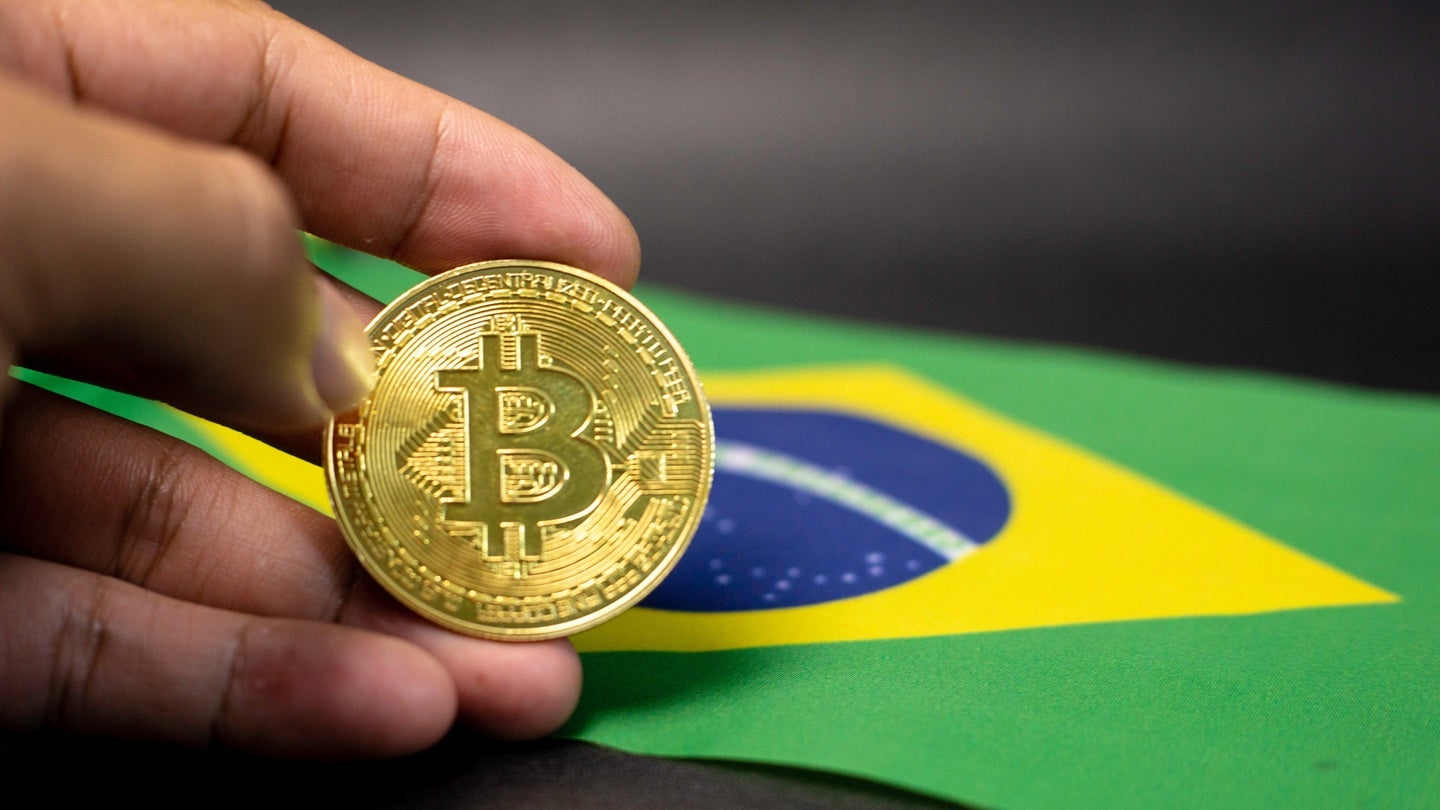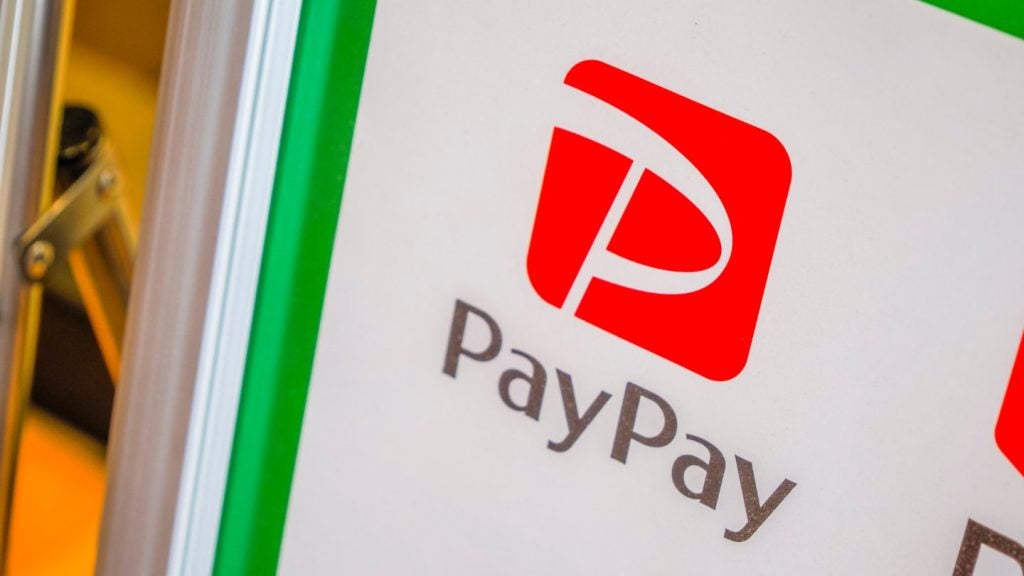
Brazil is examining the implementation of new crypto taxation rules for cross-border payments using virtual assets, including stablecoins, reported Reuters, citing two officials with direct knowledge of ongoing discussions.
The move follows the central bank’s recent classification of such transactions as foreign-exchange operations and aims to bring them within the scope of Brazil’s financial transaction tax (IOF).

Access deeper industry intelligence
Experience unmatched clarity with a single platform that combines unique data, AI, and human expertise.
Currently, crypto transactions are not subject to the IOF levy, though investors are required to pay income tax on capital gains from virtual assets exceeding a monthly exemption, the news agency said.
A source familiar with the matter said that the Finance Ministry is reviewing how the IOF could apply to some international transfers involving cryptocurrencies and stablecoins.
The Finance Ministry has not provided an official comment on these developments, Reuters reported.
The sources indicated that the potential tax change is intended to address a regulatory gap. An additional outcome could be the increased public revenue, at a time when fiscal discipline in Brazil is under heightened scrutiny.

US Tariffs are shifting - will you react or anticipate?
Don’t let policy changes catch you off guard. Stay proactive with real-time data and expert analysis.
By GlobalDataAccording to Reuters, Brazil’s cryptocurrency market has seen significant growth in recent years, predominantly driven by stablecoins, which are backed by assets such as the US dollar and tend to experience lower price volatility than other digital currencies.
Data from Brazil’s federal tax authority indicate that crypto transactions reached 227bn reais ($42.8bn) during the first half of this year, marking a 20% increase from the same period last year.
Of this total volume, roughly two-thirds involved trades of USD Tether (USDT).
Bitcoin accounted for approximately 11% of transaction volumes.
The source noted that the central bank’s new regulatory framework enables this potential tax revision.
This framework is based on an evaluation that stablecoins are utilised mainly as a cost-effective means of holding balances in dollars.
The source told new rules should “ensure that the use of stablecoins does not create regulatory arbitrage vis-a-vis the traditional foreign-exchange market.”
Officials in the country have expressed concerns that stablecoins are being used primarily for payment purposes rather than investment.
This approach, they suggest, could generate new avenues for money laundering as regulation continues to evolve.
Under changes taking effect in February, the central bank will treat any purchase, sale or exchange of stablecoins as a foreign-exchange operation.
These rules extend to global payments or transfers made utilising virtual assets, settlements of card transactions or other electronic processes, as well as transfers from self-custody wallets.
One source indicated that the government is examining the matter “carefully,” and pointed out that while the central bank’s revised definitions have been issued, any resulting tax requirements will be determined by separate instructions from the country’s federal tax authority.
Reporting requirements for crypto activities have been expanded as of 17 November, with Brazil’s tax service now including foreign service providers operating within its jurisdiction.







